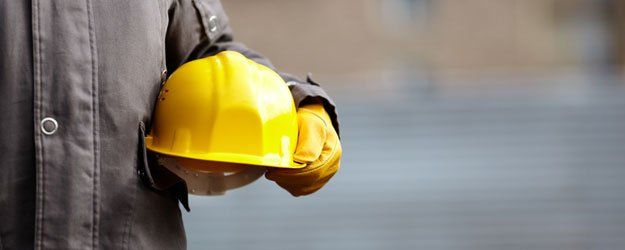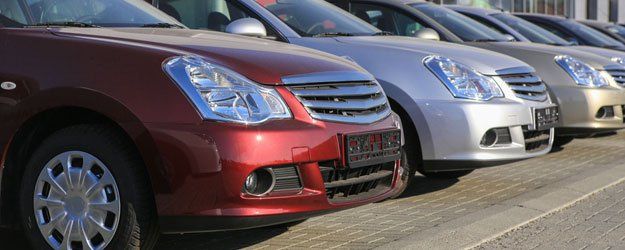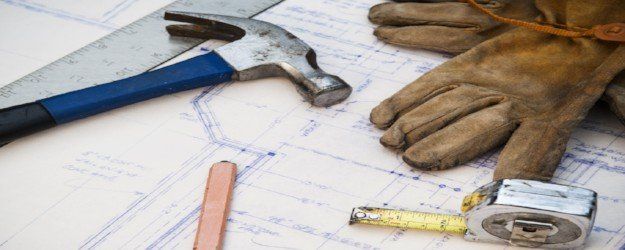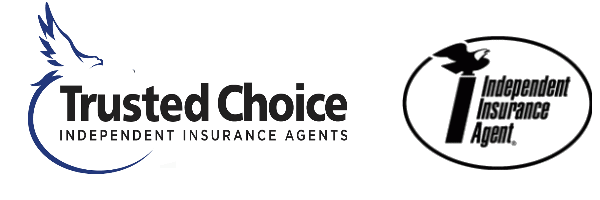BUSINESS INSURANCE
- Many Options, One Agency- High Customer Retention Rate- Family Owned Business since 1972- Veteran Owned
Property Insurance
The building and personal property coverage form insures buildings, business personal property and personal property of others located on the insured's premises. It promises protection against "direct physical loss" due to a covered peril.
The designation of covered perils is the function of a separate "causes of loss" form. The four “subitems” to be aware of when determining a limit of insurance for Business Personal Property are:
1. Inventory values (keep in mind the fluctuations)
2. Equipment Values
3. Furniture and Fixtures
4. Improvements and Betterments
Building coverage includes any buildings or structures (and their completed additions) shown on the declarations page with a limit of insurance. It does not matter whether the additions are in place when the policy is written or if they are added later. Call Agency 10 Insurance today at 763-551-1010 to get a FREE quote on your business insurance.

General Liability
For most businesses, the liability exposures are the most severe and at the same time often the most complex of all the property/casualty exposures.
Whereas property, business earnings, and dishonesty exposures are limited to the value of the property or income exposed, and workers compensation is limited by statute, there is no certain monetary ceiling on liability claims that might be made against an insured.
A large liability claim (or claims) against the insured can put the insured out of business, so it is critically important that you and your agent examine with great care both the many liability exposures and the various insurance coverage that can be written to protect against them.

Workers' Compensation
Workers compensation insurance is required by state or federal law for nearly all employees. The statutes that require workers compensation insurance were developed in the early 1900s in an effort to compensate employees for injuries suffered on the job, regardless of whether their employers were negligent or not. In return for guaranteed workers compensation benefits, employees gave up the right to sue their employers.
Workers compensation insurance became the exclusive remedy for employee-injury compensation. The statutes provide medical and lost wage benefits, and employers who are subject to the laws must carry workers compensation insurance or become qualified self-insured employers.
A few states permit employers to opt out of the law and revert to a negligence-based system. States also may exempt certain classes of employees - such as casual, agricultural, or domestic employees - and smaller employers who have only one or very few employees. There also are some legal theories that have eroded the exclusive remedy doctrine.
However, despite these exceptions, workers compensation and employers liability insurance remains an important area for most commercial accounts. Private, nonbusiness accounts also should be reviewed for employment exposures, especially in the area of domestic and agricultural employees. Even if the employer or class of employee is exempt from the law, employers may incur great expense if an employee is injured while on the job.

Commercial Auto
The business auto coverage form is the predominant form for firms insuring their automobile exposures. In using this form - or the related garage and truckers policies, careful attention must be given to the numerical symbols listed in the policy declarations to signal which autos are insured for the various coverage.
What would seem merely to be a small clerical oversight in entering these symbols could have grave consequences for the insured. Each of the common automobile coverage - liability, medical payments, UM / UIM, no-fault, and physical damage - is taken up in turn, largely within the context of the business auto policy.
However, most items apply equally to the comparable coverage of the garage and truckers policies and, for that matter, the nonstandard versions of each - although any nonstandard policy should be carefully examined for variations from standard provisions.
Your agent and you should give additional attention to and be aware of the automobile insurance needs of specialized businesses - garages, transportation firms, automobile dealers, etc.

Garage Liability
Owners and operators of automotive service businesses have specialized insurance needs. The reason for these specialized needs is self-evident; no other industry has its premises and operations so closely intertwined with automobiles.
Automotive service concerns have inherently dangerous materials on the premises and potentially hazardous operations, such as welding, may be performed. Additionally, the value of automobiles gives rise to potentially large physical damage claims against persons responsible for servicing or repairing them; and because many of the services performed on autos involve safety, possible liabilities are numerous.
Consequently, the inspection and treatment of exposures suitable to other operations is inadequate for insured’s in the automotive field.

Business Income
The loss of income and the additional expenses that occur after a direct loss to property can be devastating to a business. All aspects of the insured’s property and operations must be considered when addressing such potential loss exposures because properly structured consequential loss insurance will be needed to ensure that the business survives.
Theoretically, business income, if properly purchased, will do exactly what the business would have done had no loss occurred - no more, no less. But what happens after the property is restored? Can the business regain its customers and survive? In addition to surveying the insured’s property and operations, key suppliers, customers, and inter-related companies should also be considered in the evaluation.
In doing so, the insured should try to determine the extent of the most severe damage possible to the most critical items at the worst time of year.

Inland Marine
You will find many types of policies available to me your needs that will be written by the insurance company on an Inland Marine policy. Examples of inland marine policies are policies such as contractors equipment, equipment dealers coverage, installation floaters, etc.

Umbrellas
Commercial umbrella liability policies share a common goal of providing higher limits for an insured than are provided in the primary business automobile liability, commercial, general, or business owner's liability, and employer's liability (part II of Worker's Compensation). True umbrella forms also offer broader coverage than that found on the underlying policies, as well as the higher limits.
Commercial umbrella policies are seldom alike. Because of this, it is very important to review commercial umbrella forms carefully. The primary consideration should be that the policy cover as many of the insured's specific exposures as possible.
Call 763-551-1010
to get a FREE quote


